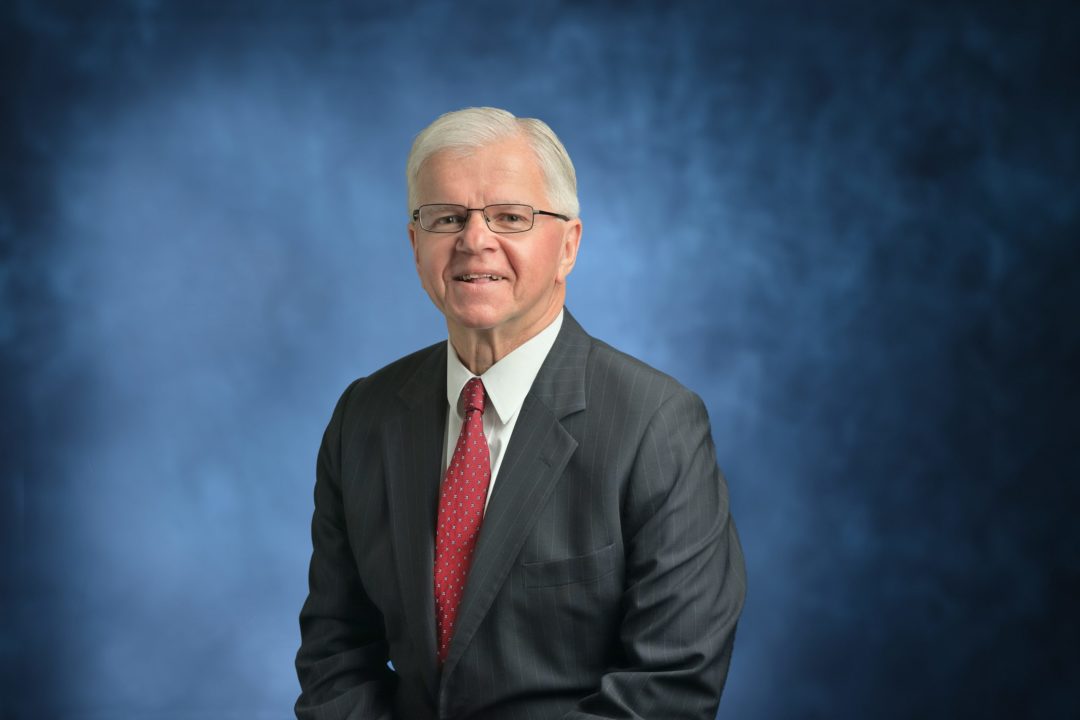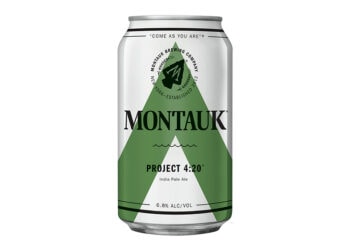
On April 25, 2022, Assemblyman Fred W. Thiele, Jr. who represents the 1st Assembly District which includes the South and North Forks of Eastern Long Island, announced the introduction of two new bills in the New York State Assembly to address the statewide affordable housing crisis that has only been exacerbated by the COVID-19 pandemic.
The first bill would establish the Accessory Dwelling Unit Forgivable Loan Program, which would be administered by the Division of Housing and Community Renewal. (DHCR)
The second bill would direct every local government to enact a comprehensive five-year plan to address local and regional housing needs. It is the first bill that is the subject of this interview with Assemblyman Thiele.
JAV: What is the status of the legislation and why did you decide to introduce legislation that would apply statewide rather than limit to just your District?
FWT: The legislation is before the Housing Committee which we filed back in April. With respect to why we chose to apply the legislation statewide, Governor Hochul had put a proposal in her budget that would have, in essence, usurped all local control over zoning and land use with regard to accessory apartments. As a result, every resident would have been eligible for an accessory apartment as a matter of right. That created an incredible uproar from local governments and so the governor withdrew her proposal. I took the initiative to reach out to my colleagues in local government and the consensus was that rules for accessory apartments should be left to the local governments. We then looked at how the towns and villages in the Cape Cod area are addressing this issue and found that the local governments determine the rules for accessory apartments and the state provides incentives and that became the framework for our bill.
JAV: So it seems from your answer that the concept met with wide approval from legislators throughout the state.
FWT: Yes. Definitely. Affordable housing is a problem throughout the state. New York City has its own problems with affordable housing so they may choose to go another way. The governor supports incentives to create accessory dwelling units.
JAV: Since these units would still remain single family homes in an area zoned for single families, is it possible that so many of the homes would have accessory apartments that it would create the need to rezone?
FWT: That’s something that the towns and villages can best address. Right now, the Village of Sag Harbor and the Town of East Hampton for instance, are reviewing their comprehensive plans with respect to issues of land use and their comprehensive housing plans. Putting these bills before the legislature is my way of being able to participate in these discussions and provide aid where we can.
JAV: Explain the Forgivable Loan Program.
FWT: In my years of experience in local government throughout the years, landlords didn’t want to get involved in the time and expenses of developing accessory apartments in their homes. It was expensive and time consuming. So I recognized that we had to provide incentives for landlords to come forward and do this legally. And that is the reason for the Forgivable Loan Program. The loan cannot exceed a maximum amount of $75,000 or 50% of the eligible cost of the project, whichever is less. The term of the loan will be 20 years. It will be forgiven if the accessory unit is rented to a tenant meeting the income and rent guidelines established by DHCR for the entire 20 year period.
JAV: What if the title is transferred within the 20 year period?
FWT: The requirements and restrictions run with the land and therefore must be recorded with the county clerk.
JAV: Explain the tax credits provided as an incentive for the landlords to participate in the program.
FWT: One would be the income tax credit intended to compensate the landlord for part of the difference between the market value and the amount of the rent allowed by DHCR. Another would be no tax would be assessed on the capital improvement.
JAV: What would be the source of funds for this program?
FWT: Last year the governor included $87 million in her budget for housing and community renewal. As we go forward, I would see it as an annual appropriation for housing. The total budget this year is about $220 billion, so this would be a really small part of the total budget.
JAV: How do you expect your bill to move forward?
FWT: I think that it will be part of the governor’s 2023 budget either in the form submitted to the legislature or with some revisions, but I think the concept has wide support throughout the state.












